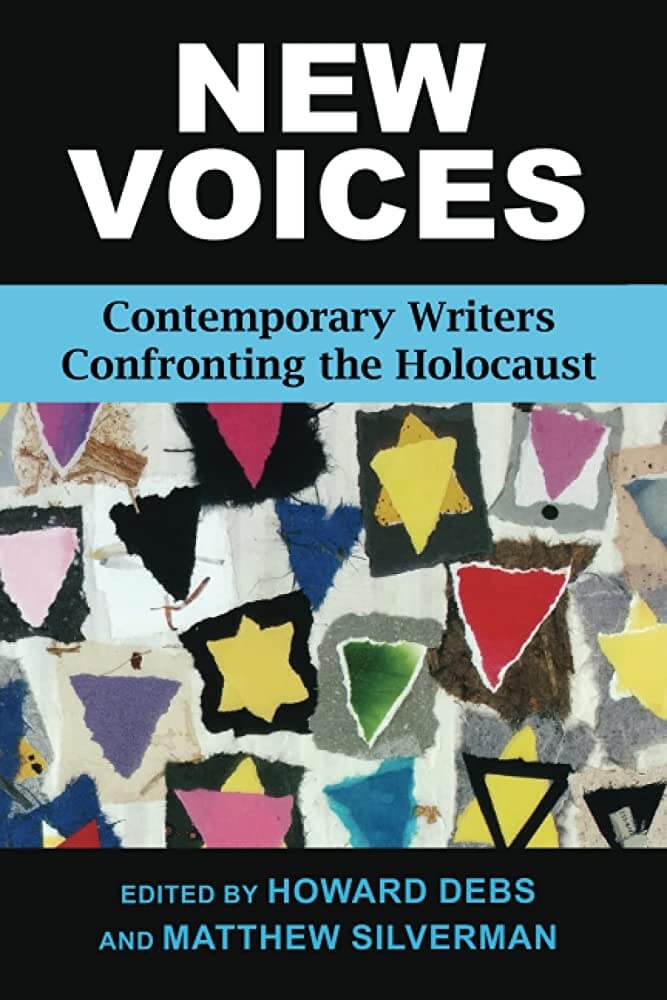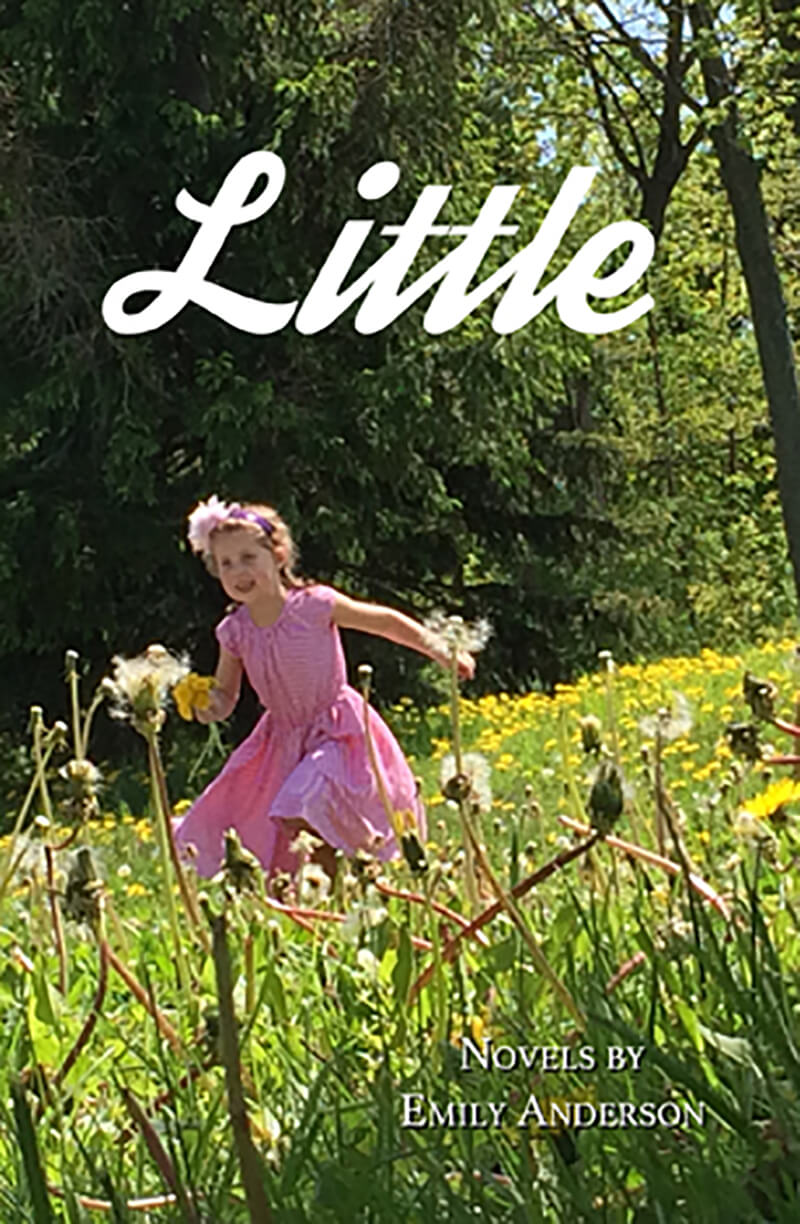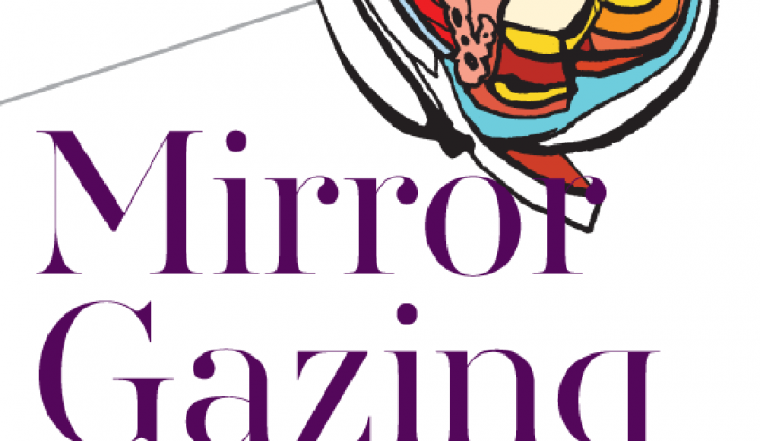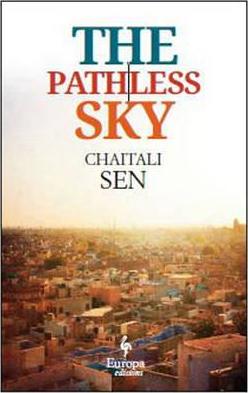
Review
New Voices: Contemporary Writers Confronting the Holocaust
Edited by Matthew Silverman and Howard Debs
Vallentine Mitchell
ISBN: 978-1803710266
Review by John Brantingham
New Voices: Contemporary Writers Confronting the Holocaust is a book that asks contemporary poets and writers to react to images from the Holocaust. It opens with a discussion between Anna Ornstein, a psychologist and Holocaust survivor, and Joy Ladin, a poet and literary scholar, discussing all aspects of Holocaust studies. They begin with the question of whether people should be writing about the Holocaust at all, questioning the very premise of the collection. This kind of inquiry captures the spirit of the work. The idea behind the book is that it is not enough simply to not forget the Holocaust.
But on that day you exposed the lie that had stalked you’re through segregated hotels and rest rooms with signs that read, “Whites Only” (57).Philp points out here that this is not only a German or Jewish problem. It is a human problem. It is the problem of not being able to see all people as being the same and as having the same humanity. That point is furthered by the editorial selection of writers and poets. These are from multiple religions, nations, ethnicities, gender identities, and sexual identities. The editors consciously chose multiple points of view so that we might understand hatred in as many ways as we could. It took me a long while to read New Voices: Contemporary Writers Confronting the Holocaust. It is intellectually and emotionally exhausting to confront hatred in its many forms, but that work is a necessary part of retaining my humanity. I do not expect to have a perfect understanding of the topic, and the collection does not claim to give the reader anything like that. What it does hope to do is to continue this necessary conversation, to keep confronting this kind of evil as we move and grow as a society.
About the Author
 John Brantingham was Sequoia and Kings Canyon National Parks’ first poet laureate. His work has been featured in hundreds of magazines, Writers Almanac, and The Best Small Fictions 2016 and 2022. He has nineteen books of poetry, nonfiction, and fiction including Life: Orange to Pear, Kitkitdizzi, and Days of Recent Divorce. He is the founder and general editor of The Journal of Radical Wonder. He lives in Jamestown, NY.
John Brantingham was Sequoia and Kings Canyon National Parks’ first poet laureate. His work has been featured in hundreds of magazines, Writers Almanac, and The Best Small Fictions 2016 and 2022. He has nineteen books of poetry, nonfiction, and fiction including Life: Orange to Pear, Kitkitdizzi, and Days of Recent Divorce. He is the founder and general editor of The Journal of Radical Wonder. He lives in Jamestown, NY.



